Goethe-University’s Understanding of Discrimination
Discrimination describes various forms of disparagement, disadvantage, (sexualised) harassment, stigmatisation, derogation or exclusion based on the following actual or assumed characteristics:
- Racist attributions concerning appearance, assumed or actual origin and/or religion, name etc.
- Religious affiliation or belief
- Sex and/or Gender
- Sexual orientation and/or identity
- impairments of health, chronic conditions, disabilities
- Age
- Social background and familial educational background as well as social and financial status
- Care responsibilities within the family
Goethe University is committed to ensuring that no one is discriminated against, disadvantaged, disrespected or belittled in university life. It does not tolerate any form of discrimination, in particular of a racist, ethnicising, anti-Semitic or anti-Muslim nature, as well as discrimination related to gender and sexual identities and attributed or assumed or actual characteristics such as age, religion or ideology, disability, socio-economic background or status and other social stigmatisation.
The deciding factor for classifying an act or conduct as discrimination is in particular the result, i.e. the effect of a decision or action and not the underlying motive that led to this effect.
Discrimination as understood in the university's directive is based on attributions or affiliations that are part of socially relevant structures of inequality that have developed historically and lead systematically to disadvantages.
Discrimination occurs both as an individual or interactional act as well as on a structural or institutional level and must therefore be addressed accordingly on all these levels.
The definition of discrimination set down in the Anti-Discrimination Directive also recognises that people have multiple affiliations or experience various attributions and can therefore be affected by a specific interaction of various dimensions of discrimination.
- Studying at Goethe University
- International applicants
- Faculties
- Overview of study programmes
- Programme for refugees
- GRADE
- Goethe Business School (continuing education)
- Research at Goethe University
- Scientific news
- Goethe Welcome Center (for international researchers)
- Collaborative research projects
- Individual research
- Visiting fellowships
- Endowed chairs
- About the University
- News-in-brief
- University administration
- Campus locations
- Campus life
- University archives (German)
- Rhine-Main-Universities





